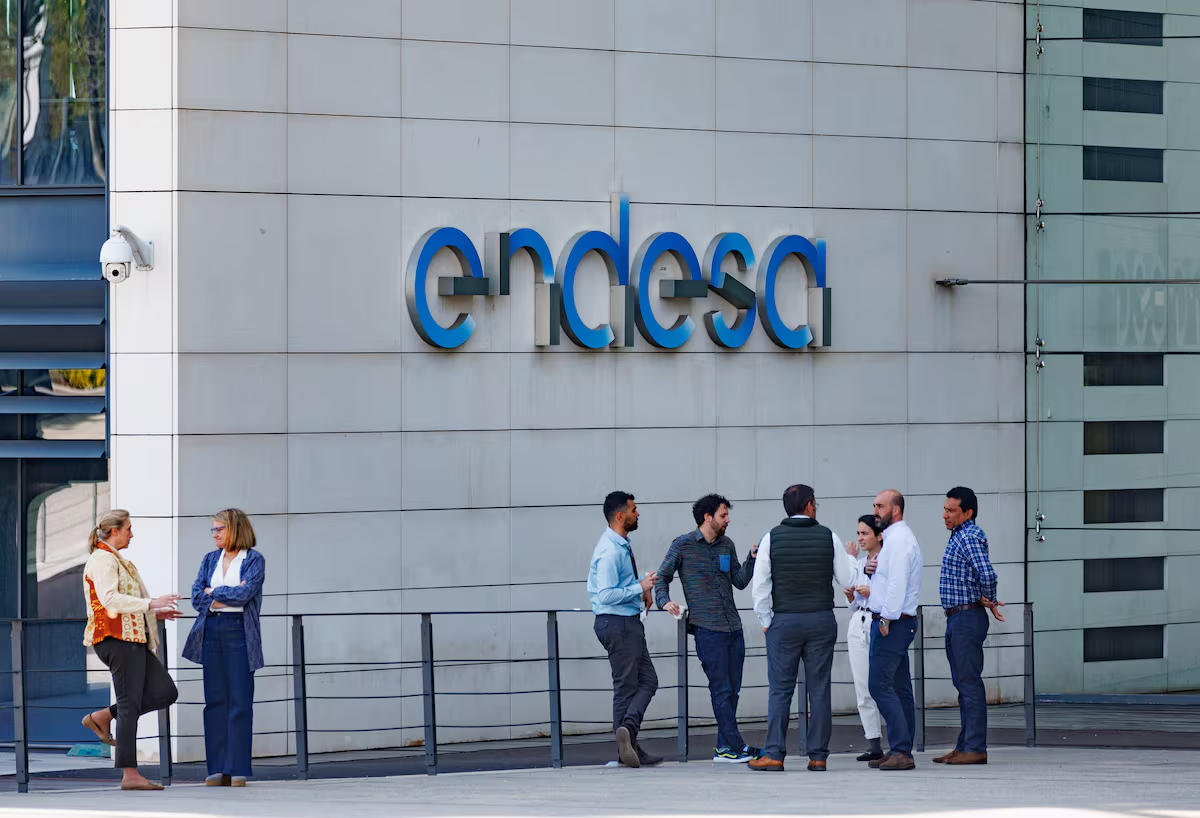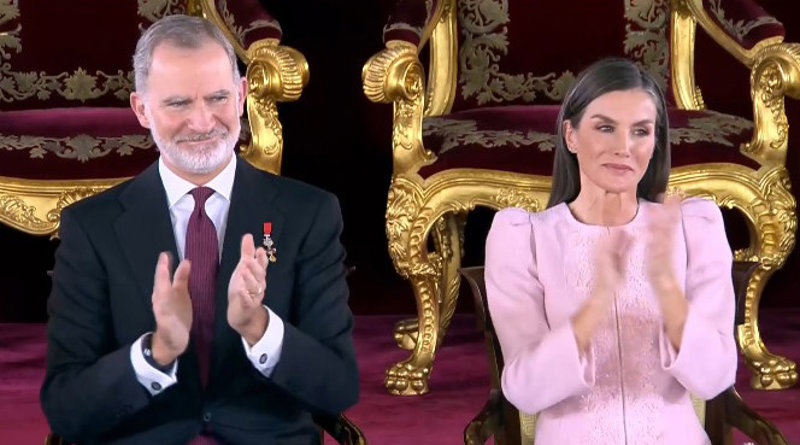Miquel Roca, one of the fathers of the Constitution and a key figure in Spanish politics during the Transition, has reopened the national debate on the amnesty. In an interview granted to La Vanguardia and picked up by Europa Press, the jurist assured that the measure is “absolutely constitutional”, a statement that comes at a time of maximum political and legislative tension.
The also former CiU leader reviewed several key issues of the current scenario, from the possible amnesty to the autonomic financing, and even the worrying social normalization of Francoism according to the latest CIS data. His statements have returned his voice, always listened to with attention in Madrid and Barcelona, to the center of the public debate.
Amnesty, “absolutely constitutional” according to Roca
Miquel Roca was categorical when analyzing whether the Spanish Constitution allows an amnesty law. In his opinion, there is no room for doubt: the Magna Carta does contemplate this possibility.
He recalled that the reference is found in Article 62, which defines the powers of the King and includes his ability to exercise the right of pardon as determined by law. Within this legal framework, he clearly stated that “the amnesty is legislative, it has to be done”.
His defense of the constitutionality of the measure comes in the midst of the political debate on its eventual approval, especially linked to the Catalan conflict and the role of the pro-independence groups in the governability of the State.
Regional financing: the system is already singular
In another of the key points of the conversation, Miquel Roca addressed the issue of regional financing, one of the most sensitive debates in Catalonia.
The jurist argued that the idea of singularity in the Catalan financing does not imply breaking the current model, because, in fact, this already incorporates substantial differences between communities. He stressed that financing is “already individualized”, given that there are differentiated treatments according to variables such as population, territorial dispersion or income.
With this reflection, Roca dismantled the idea that introducing specific elements for Catalonia would be an exclusive privilege or a rupture of the common system.
“It’s much easier to have enemies”: the deterioration of political dialogue
Roca was also critical of the current political climate, very different from the one he experienced during the Transition. He regretted that today the political adversary is perceived as an enemy, which hinders the exchange of arguments and democratic coexistence.
He explained this phenomenon with a phrase that sums up his diagnosis: “It is much easier to have enemies: I no longer have to listen to arguments. If the adversary says so, I am obliged to answer with my arguments, I have to speak”.
In the face of this dynamic, he stressed the importance of rational discussion, active listening and the search for consensus, elements that he considers essential for democratic functioning.
Historical memory and a generational “failure”.
One of the most striking moments of the interview came when he was asked about the CIS barometer of October, which revealed that 20% of Spaniards consider Francoism in positive terms.
Roca described this as a “failure,” noting that his generation and the next would not have correctly conveyed the meaning of the dictatorship and its impact on Spanish society.
However, he did not blame only the educational system or politics, but society as a whole for allowing a distorted view of Francoism to become normalized among certain sectors of the population, especially the youngest.
A key figure in the Spanish territorial architecture
Miquel Roca, lawyer and historical figure of Catalan politics, was one of the seven rapporteurs of the 1978 Constitution. His analysis on amnesty and autonomic financing has a special weight due to his direct participation in the construction of the current territorial model.
In his opinion, amnesty as a legislative instrument is not only compatible with the spirit of the Constitution, but also forms part of the mechanisms provided by the legal system to resolve major political and social conflicts.
-
Coroner confirms slow agony of elderly man killed in deadly Ibiza fire, says defendant was conscious
His words bring back to the table the importance of constitutional interpretation and the role of legislators in times of deep political confrontation.
A debate that returns to center stage
Roca’s declarations coincide with a moment in which the amnesty generates internal tensions in parties, citizen mobilizations and a constitutional debate of enormous importance. The autonomic financing has also been reactivated as one of the fundamental axes of the political negotiation between the Government and the territorial actors.
In this context, the intervention of Miquel Roca, one of the fathers of the Constitution and a key figure for the understanding between Catalonia and the rest of the State, acquires special relevance. His reflections, far from alleviating the debate, revive it with new perspectives, recalling that the legal and political mechanisms of Spanish democracy continue to offer solutions, as long as there is a willingness to dialogue.







